Importance Of Reputation In Business
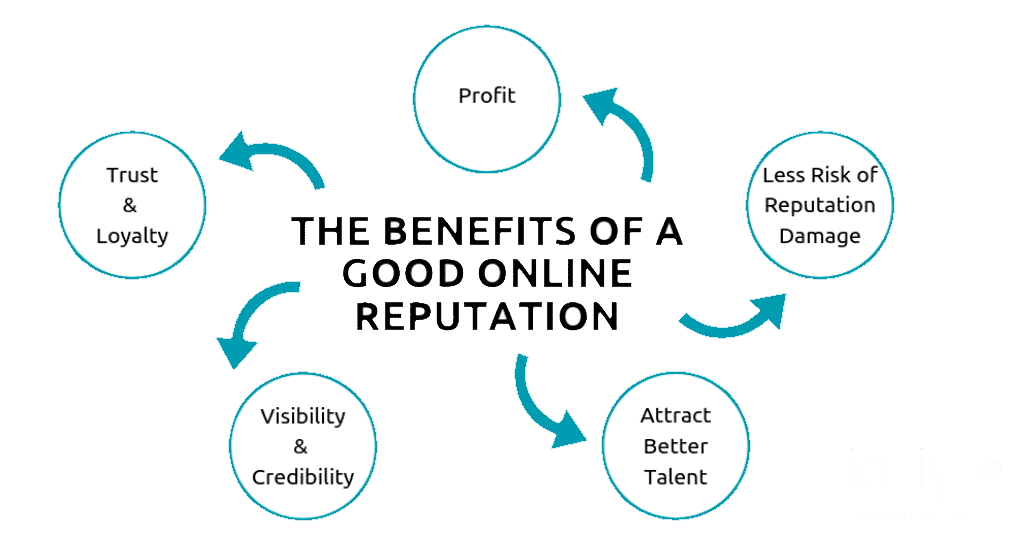
Businesses face immediate reputational risks daily, impacting bottom lines and long-term viability. A single misstep can trigger a cascade of negative consequences, demanding swift and decisive action.
This article examines the critical importance of reputation management for businesses. Focusing on how it affects customer trust, investor confidence, and overall market standing. It highlights actionable insights for safeguarding and enhancing a company's most valuable asset: its good name.
The Tangible Cost of a Tarnished Image
Damaged reputation directly translates to financial losses. A 2020 study by Deloitte revealed that 88% of executives believe reputation risk is a significant business challenge.
Poor reputation can lead to decreased sales, difficulty attracting talent, and increased scrutiny from regulators.
According to a Weber Shandwick report, 63% of a company's market value is attributable to its overall reputation.
Customer Loyalty and Brand Advocacy
Trust is the cornerstone of customer loyalty. Customers are more likely to purchase from and recommend businesses they trust.
A strong reputation fosters positive word-of-mouth, leading to organic growth and brand advocacy. Negative experiences, amplified by social media, can quickly erode this hard-earned trust.
In a recent survey by Edelman, 81% of consumers stated that trust in a brand is a deciding factor in their purchasing decisions.
Investor Confidence and Market Valuation
Investors closely scrutinize a company's reputation before committing capital. A history of ethical conduct and responsible business practices signals stability and long-term potential.
Companies with strong reputations often enjoy higher stock valuations and easier access to funding. Conversely, reputational crises can trigger stock sell-offs and investor flight.
The Reputation Institute's Global RepTrak® study consistently demonstrates a correlation between reputation scores and market capitalization.
Attracting and Retaining Top Talent
A positive reputation is a powerful magnet for attracting skilled employees. Talented individuals seek out companies known for their ethical values, positive work environment, and commitment to social responsibility.
A strong employer brand reduces recruitment costs and improves employee retention rates. Companies with poor reputations often struggle to attract and retain top talent, impacting productivity and innovation.
A LinkedIn study found that 75% of job seekers consider an employer's brand before even applying for a job.
Building and Maintaining a Strong Reputation
Proactive reputation management requires a multifaceted approach. This includes establishing clear ethical guidelines, fostering a culture of transparency, and actively monitoring online sentiment.
Companies must be prepared to respond swiftly and effectively to reputational crises. This involves taking responsibility for mistakes, communicating openly with stakeholders, and implementing corrective actions.
Investing in robust crisis communication plans and media training is essential for mitigating reputational damage.
"Your brand is what other people say about you when you're not in the room." - Jeff Bezos
Immediate Action Required
Businesses must prioritize reputation management as a core business function. Regular audits, employee training, and proactive engagement with stakeholders are crucial.
Ignoring reputational risks can have devastating consequences. Implementing a comprehensive reputation management strategy is no longer optional; it's essential for survival.
Companies should immediately assess their current reputation risk exposure and develop a plan to mitigate potential threats.

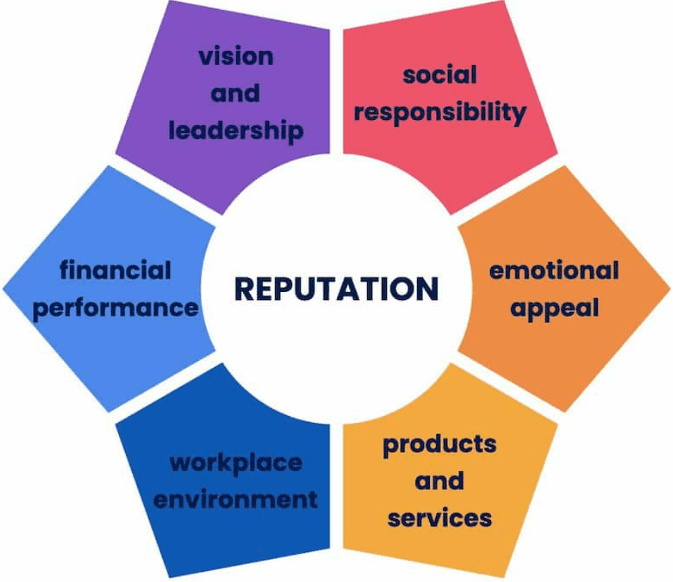


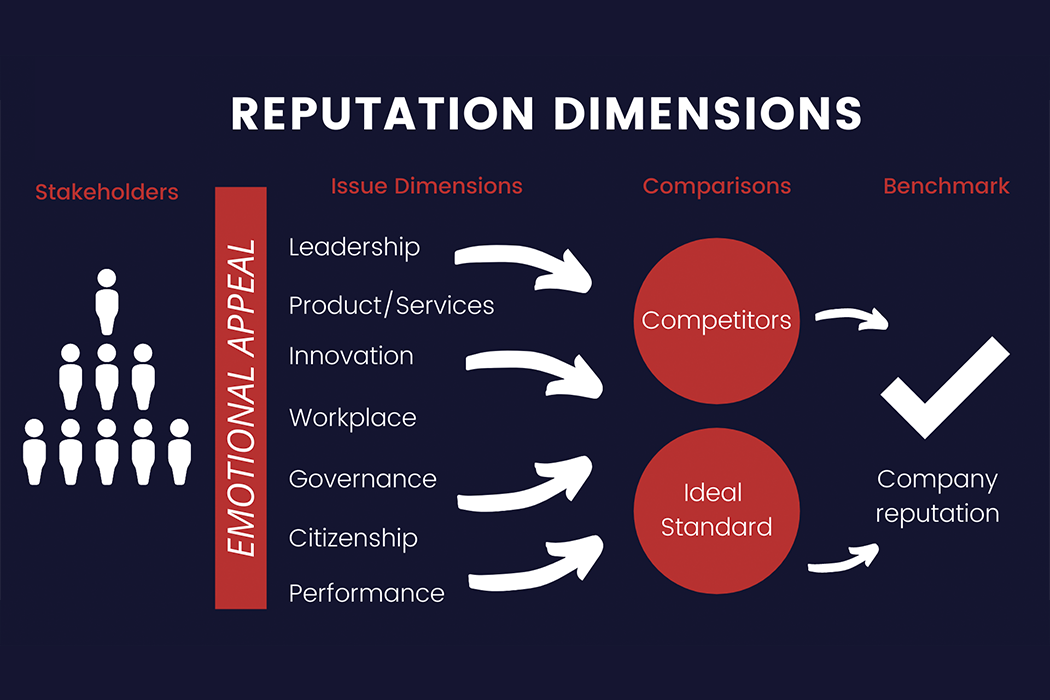


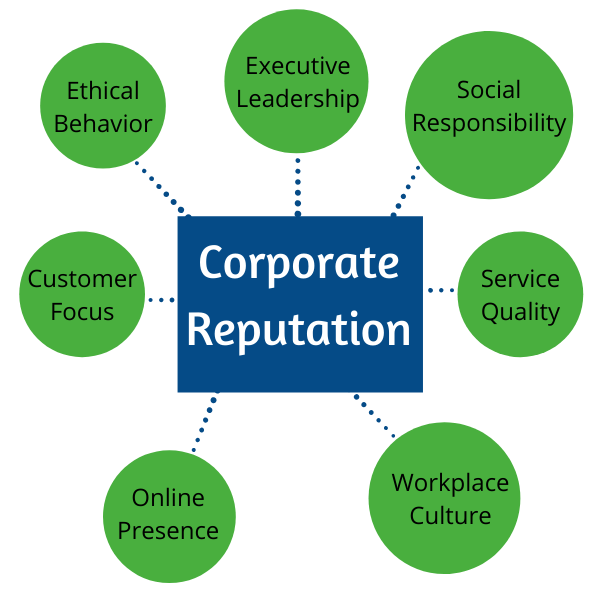
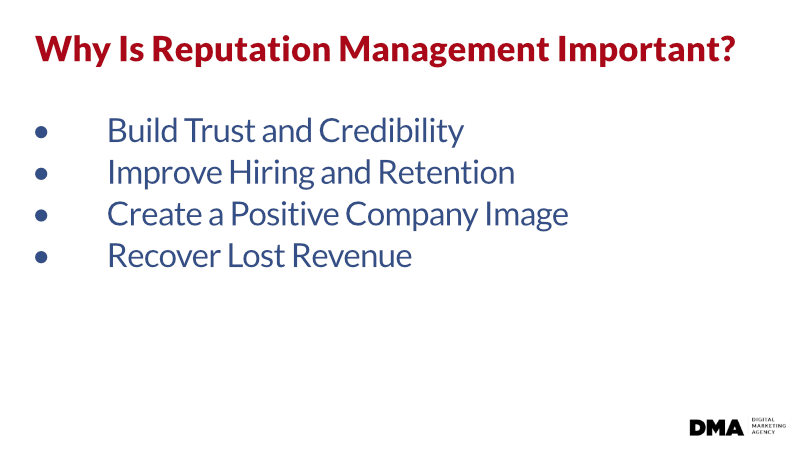

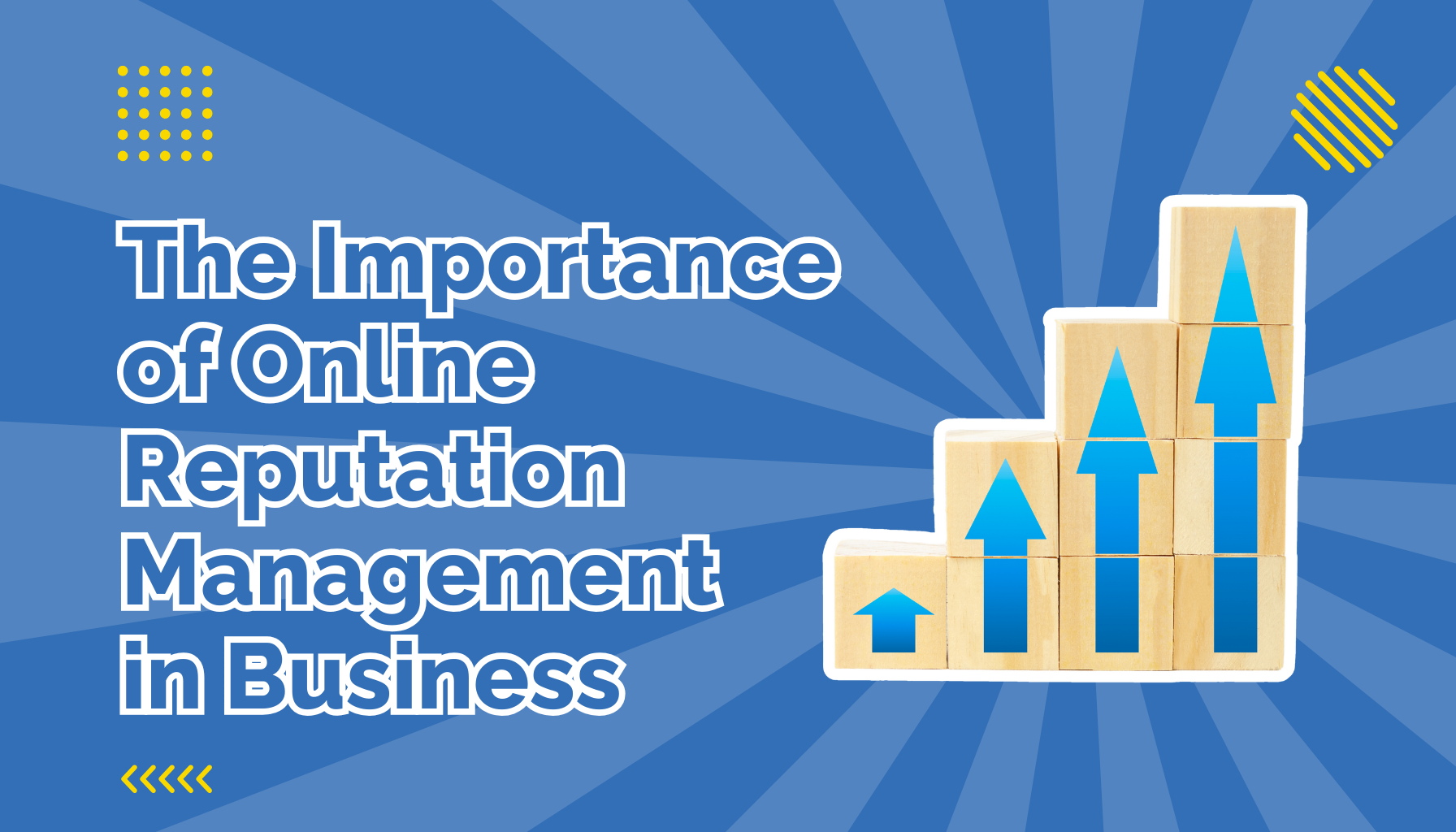
![Importance Of Reputation In Business Why Your Company's Reputation Matters [Infographic] | WebFX](https://www.webfx.com/wp-content/uploads/2021/10/08-rep-management-how-to-improve.png)






